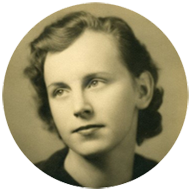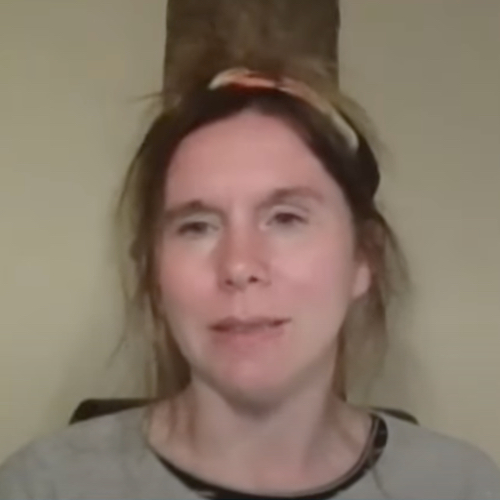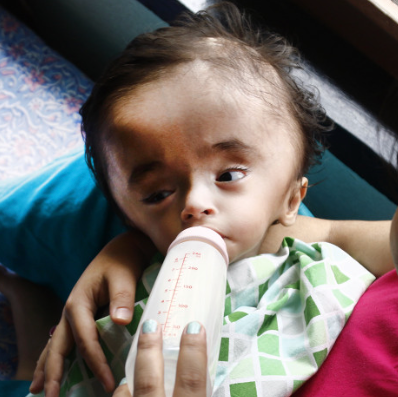My mother, Vera Eliscu, was an alert, active, highly intellectual retired classical dancer and business-woman. In January 2009, at the age of 90, she was admitted to the hospital for treatment of a foot ulcer and cellulitis. An MRI showed the bone in her foot was unaffected.
After five days in the hospital Mom was released to a long-term care facility with a two-week antibiotic prescription and instructions to stay off her foot. Within eight days at the long-term care facility she had contracted the intestinal infection Clostridium difficile and developed pneumonia in the bottom of her left lung. She was readmitted to the hospital. While an aide was feeding her the first night in the hospital, she aspirated food into her lungs. She developed double pneumonia and was sent to the ICU, where she was intubated and put on a ventilator. In the ICU she was extubated twice but her course was uneven and after a week it was determined that she needed a tracheotomy, PICC line, and feeding tube. She received a size 7 tracheotomy tube.
After 10 days in ICU, Mom was transferred to a step-down unit and then a long-term acute care facility for vent-weaning and physical therapy. She did very well weaning and was getting out of bed and ready to walk again. We spent hours together in her room reading from her precious art books and discussing the state of the world. We looked forward eagerly to Mom coming home.
Eleven days after Mom entered the long-term acute care facility, a temporary respiratory therapist changed her tracheotomy tube to a size 4, a very small tube that is difficult to suction. The tracheotomy tube slipped out unnoticed the next day as the nurses were turning her, leaving her without oxygen for 5 to15 minutes. Oxygen was not given promptly or correctly and Mom was in and out of a coma. She was visibly in pain and unable to speak or move. I could see the pain and fear in her eyes, but she never spoke again.
Within three weeks of the tracheotomy tube event, Mom had developed a 13-cm Stage 4 bedsore. The long-term acute care facility did not offer a wound vacuum, because they did not have one, and they did no physical therapy to prevent bedsores. Mom became malnourished, was overloaded with fluids, contracted Clostridium difficile, and developed a urinary tract infection. Eventually, she was transferred to a different long-term acute care facility where she received excellent care, but it was too late. Mom passed away in August 2009, six months after her anoxic brain injury and eight months after being admitted to the hospital for a foot ulcer.







